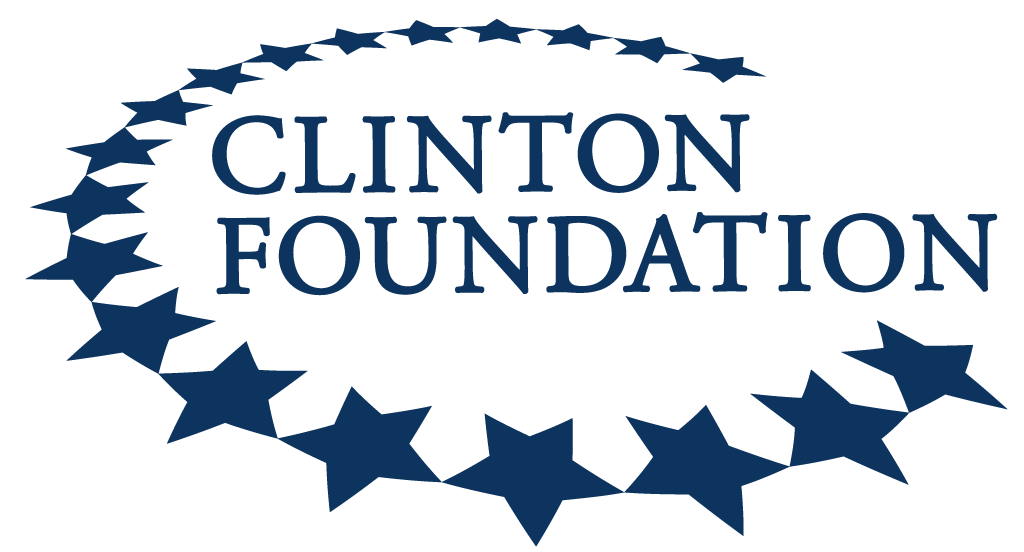For a proud American in the global health arena, this year has been an opportunity to uphold our values and roles in the global community.
Several years ago, I left a New York law firm and moved across the ocean to accept an invitation from the Clinton Health Access Initiative (CHAI) to serve as an advisor, on loan to the World Health Organization (WHO), in Switzerland. It was early in a new administration at WHO, and CHAI wanted to support its success. The call to service felt especially humbling. At a time when multilateralism was challenged by a rising wave of nationalism around the world, CHAI’s stance to support international cooperation around health was noble and inspiring. Never could I have imagined the magnitude of what awaited.
My relocation was also a return to an old team. More than a decade earlier, I had been drawn to CHAI’s mission of saving lives and reducing the burden of disease among the world’s most vulnerable communities. I first joined CHAI in Ethiopia, when a new minister of health was rolling out ambitious plans to transform the country’s health services. Participating in those reforms taught me about the nuts and bolts of a developing health system. I also came to admire the indomitable and dignified spirit of Ethiopia, whose leaders had resisted the existential threat of colonization — through their own fortitude, and with a belief in cooperation and alliances.
The Great Pandemic forces a reckoning with our values. No matter where each of us may find ourselves in 2020, this crucible has tested us all, while calling upon the accumulation of our past experiences. In my case, the pandemic happened to find me in the heart of the global response, at the headquarters of WHO.
“ድር ቢያብር አንበሳ ያስር.“ When spiderwebs unite, they can tie down a lion.
I became involved in the emergency response in February, when the global supply chains for personal protective equipment, testing materials, and oxygen supplies began to collapse. The outbreak soon reached the inside of WHO. Some of our colleagues started getting sick and the offices were quickly shut down. The city of Geneva also closed. Nevertheless, those of us supporting the emergency response ventured into vacant streets, amid the ambulance sirens, to hunker down in WHO’s emptied headquarters. The atmosphere felt post-apocalyptic.
As uncertainty rippled through the building, I turned to the former minister whose administration I once assisted — today the director-general who leads WHO — and reassured him of CHAI’s support with the first words that came to mind, an Ethiopian expression I learned years before: “ድር ቢያብር አንበሳ ያስር.” When spiderwebs unite, they can tie down a lion.
My colleagues at CHAI and I proceeded with that resolve. At the global level, CHAI helped negotiate agreements to make COVID-19 tests and oxygen products available to low- and middle-income countries at better prices. In more than 30 countries, CHAI teams assisted governments to coordinate their national pandemic responses. With WHO, we built tools for supply planning, supported efforts to coordinate actions among global organizations, and helped WHO share information with governments to inform national responses. Most recently, along with other partners, CHAI teams established agreements to provide more than 100 million rapid tests that can be delivered locally, while assisting governments to responsibly scale up their use. CHAI teams are also supporting plans to distribute vaccines as they become available. While the virus persists, such efforts must continue.
COVID-19 is demonstrating that some problems are so massive, they cannot be solved without global cooperation. It is a reminder that we need to build institutions that can withstand pressure when crises arrive. We need quality health systems in all countries, accessible for all people. Not only is it the right thing to do, but one person’s disease can become everyone’s health emergency overnight.
For a proud American in the international arena, this also has been an opportunity to uphold our values — to show the world that Americans are still here and that we continue to play constructive, collaborative roles in the global community.
We will emerge from the Great Pandemic. When we do, I am hopeful that we will better recognize the interconnectedness that is inherent to our common humanity. No doubt, we will need to call upon that solidarity to confront the next global challenges that await.
Richard Freeman is as an advisor at the Clinton Health Access Initiative, on loan to the World Health Organization in Geneva, Switzerland, where CHAI has been supporting the COVID-19 emergency response.
★





